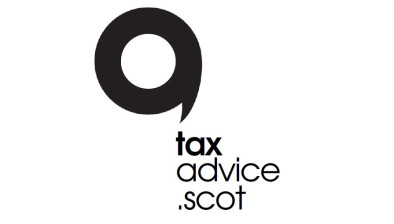Scots warned about new scams as ScamWatch Week gets underway

Consumers have been urged to be aware of new scams which are on the rise in Scotland as national ScamWatch Week gets underway.
This year’s campaign will highlight the misconception that only older and more vulnerable people are caught out, with scammers increasingly using emails and texts to prey on people of all ages.
Advice Direct Scotland, which runs the national consumer advice service consumeradvice.scot on behalf of the Scottish Government, is seeing a steady rise in reported scams as the Covid pandemic eases.
Some of the most common scams include fake parcel delivery texts, scammers claiming to be from HMRC, and investment scams such as cryptocurrency offers.
Alongside this are more traditional doorstep scams by bogus callers pretending to be tradespeople, charity collectors or energy meter readers.
The Scottish ScamWatch Week campaign, which will run on social media platforms throughout the week, will offer free advice on the ways in which consumers can reduce exposure to scammers and avoid being caught out.
If you have been contacted by someone and you are concerned they may be trying to scam you:
- Don’t send them any money or buy anything; you should always do your homework before agreeing to anything such as checking online reviews of the company.
- Don’t give them any personal information, bank details, passwords or PIN numbers. If you’ve given out this type of information, you should change all passwords and pins and notify your bank.
- Don’t download any attachments or files in emails or click on any links. If you have then you should check that your device’s security is up to date and run a virus scan.
- Don’t ring any numbers you’ve received in an email or letter, especially if it’s a premium rate number. If you’re unsure about the cost of dialling a particular number, contact your service provider for advice.
- Don’t let them into your house. If you’re concerned about someone that you have allowed into your house who has refused to leave or someone knocking on doors in your area, call the police.
The ScamWatch campaign will also provide tips on being cyber-aware, such as ensuring devices and software are kept up-to-date, adequate password protections are in place, and important data is backed up.
Tom Arthur MSP, community wealth minister, said: “Scammers are criminals who are often callous in their tactics to defraud people, particularly those in vulnerable circumstances. Unfortunately, many have thrived amid the uncertainty created by the pandemic, with fraud reaching record levels.
“We must ensure that people in Scotland can readily access effective support to meet their needs. Working with partners, I will do all I can to use the capabilities of the Scottish Government to stop this abhorrent activity.”
Andrew Bartlett, chief executive of Advice Direct Scotland, added: “With information more readily available, and methods of contact more accessible, scammers are increasingly targeting Scots consumers.
“The more vulnerable members of our communities are often the preferred targets of scammers because of the belief that they will be easier to deceive, but the reality is that anyone can be caught out.
“Due to an increase in the volume of scam emails, text messages, and telephone calls, cyber-scams are on the rise in particular. Throughout the campaign, we are highlighting practical steps that consumers can take to prevent letting the scammers in, and what to do in situations where they slip through the net.
“It’s important to remember there is no shame in being scammed, and consumers who are concerned or need help should contact one of our specialist consumer advisers for free, impartial and practical advice.”










